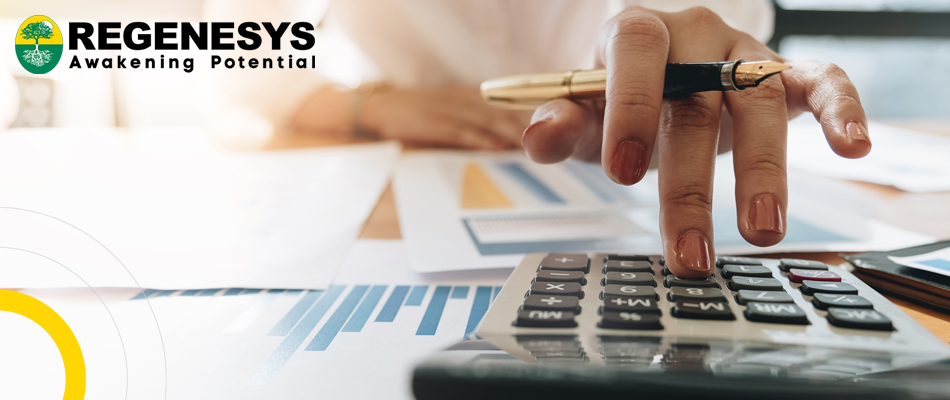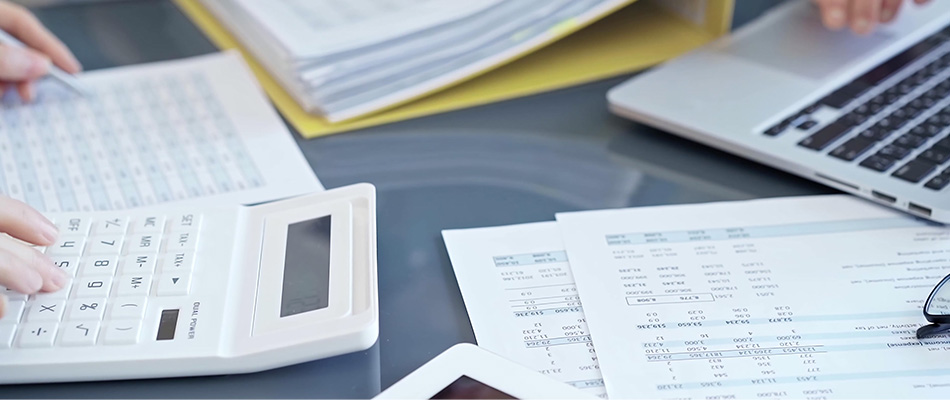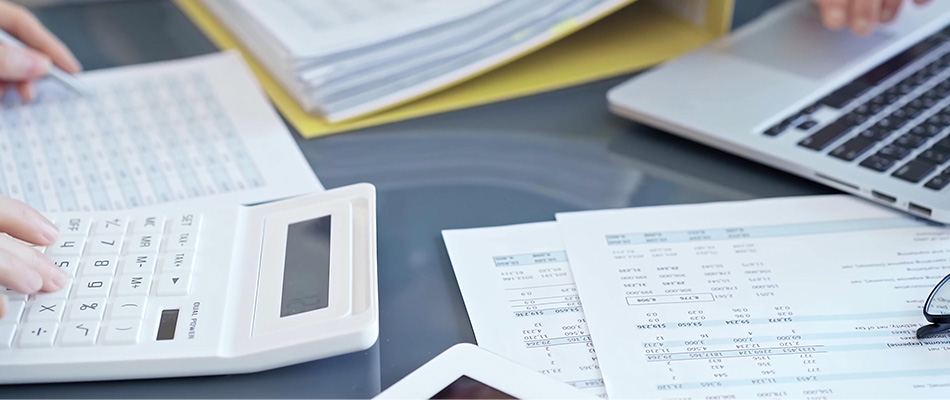If you’ve ever considered a career in accounting, you may wonder which degree is best for pursuing this profession. With various options available, choosing the best degree to provide you with the essential knowledge and skills to thrive in the field is essential. In this article, let’s explore the different degrees that can lead to a successful career as an accountant and help you make an informed choice.
Table of Contents
What is Accounting Science?
Accounting science is the scholarly study of accounting principles, concepts, and practices. It involves systematically examining and analysing financial transactions, records, and reports to deliver precise and trustworthy financial information to users such as investors, regulators and stakeholders.
Accounting science encompasses various branches, including financial accounting, management accounting, auditing, taxation, and forensic accounting. It focuses on understanding the theories, rules, and regulations guiding accounting practices and developing and improving accounting methodologies and systems to ensure transparency, accountability, and adequate decision-making in business and financial operations.
What does an Accountant Do?
An accountant manages financial records and prepares financial statements for individuals, businesses, and organisations. Their responsibilities can vary depending on their specialisation and the nature of the organisation they work for.
Generally, accountants perform the following tasks:
- Tax Compliance;
- Financial Management;
- Auditing and Assurance;
- Budgeting and Forecasting;
- Financial Analysis and Reporting;
- Recording Financial Transactions;
- Preparation of Financial Statements.
Accountants must have a strong understanding of accounting principles and standards and proficiency in using accounting software and tools. They should stay updated with changes in tax laws and accounting regulations to ensure accurate financial reporting and compliance.
What is an Accounting Specialisation?
An accounting specialisation refers to a specific area of expertise that an accountant may focus on within the accounting profession. These specialisations allow accountants to develop a deeper understanding and knowledge in a particular field, catering to industry needs or professional interests.
Some common accounting specialisations include:
- Tax Accounting;
- Forensic Accounting;
- Nonprofit Accounting;
- Auditing and Assurance;
- Government Accounting;
- Management Accounting;
- Financial Planning and Analysis.
These are just a few examples of accounting specialisations, and there may be other specialised areas depending on industry-specific needs or emerging trends. Choosing a specialisation allows accountants to develop expertise in a particular field and tailor their skills and knowledge to provide specialised services.
Which Degree is Best for an Accountant?
There are many bachelors of accounting science degrees, master of accounting science degrees and other higher certificates in accounting science, which focus on foundational concepts and advanced coursework in accounting, Finance, business and other specialisations. Aspiring accountants require a bachelor’s degree in accounting science to start their work in the field.
Here are some of the degrees for an accountant:
Bachelor’s Degree in Accounting Science:
- A Bachelor’s degree in accounting science is often considered the minimum requirement to become an accountant.
- This degree provides a comprehensive education in accounting principles, financial management, auditing, taxation, and other related topics.
- The bachelor of accounting science degree equips students with a solid foundation in accounting principles and prepares them for entry-level positions.
Master’s Degree in Accounting Science:
- While a bachelor of accounting science degree may be adequate for entry-level jobs, a Master’s degree in accounting offers a more in-depth and specialised education.
- The master’s degree in accounting science provides advanced coursework in financial reporting, forensic accounting, managerial accounting, and taxation.
- A Master’s degree can enhance your career prospects and prepare you for more senior roles in accounting.
Master of Business Administration (MBA) with a Concentration in Accounting:
- An MBA in accounting is an excellent choice for those looking to combine their accounting skills with broader business knowledge.
- An MBA degree programme covers various business disciplines, including Finance, marketing, operations, strategy, and accounting coursework.
- An MBA degree can open doors to accounting and general management leadership positions.
Certified Public Accountant (CPA) Certification:
- While not a degree, earning the Certified Public Accountant (CPA) certification is a significant milestone for any accountant.
- CPA certification is highly valued in the industry and can significantly enhance career prospects.
- To become a CPA, you must typically meet specific educational requirements, pass the CPA exam, and fulfil relevant work experience criteria.
Other Related Degrees:
- While a degree in accounting is the most common path to becoming an accountant, other related degrees can also lead to a successful career.
- Degrees in Finance, economics, business administration, or even mathematics can provide a solid foundation for pursuing a career in accounting.
- These degrees may require additional coursework in accounting to meet eligibility requirements for specific positions or certifications.
Ultimately, the best degree for becoming an accountant depends on your career goals and personal preferences. Consider factors such as the level of education you want to achieve, the time and resources you can invest in your education, and the specific skills and knowledge you want to acquire. It’s also essential to research the requirements of potential employers and professional certifications to ensure that your chosen degree aligns with their expectations.
The Bottom Line
There is no one-size-fits-all answer to which degree is best for accountants. A Bachelor’s degree in accounting is typically the minimum requirement, but pursuing advanced degrees such as a Master’s in accounting or an MBA with a concentration in accounting can provide added value. Additionally, obtaining CPA certification can significantly boost your career prospects.
Choosing the right degree when pursuing a career as an accountant is crucial. With numerous options available, it can be challenging to determine which degree programme will provide you with the necessary skills and knowledge to excel in this field.Ultimately, choosing a degree that aligns with your career goals and equips you with the necessary skills and knowledge to thrive in the accounting profession is crucial. Get the degree you need to excel as an accountant with Regenesys business school.
Regenesys school of Finance provides a bachelor of accounting science (BCOMPT) programme and delivers professional knowledge and skills in auditing, management and taxation. Click here to learn more in detail about the bachelor of accounting science course details, accounting science requirements, accounting science job opportunities and more in detail about the accounting science Regenesys modules.
FAQs on Which Degree Is Best For An Accountant?
What are the responsibilities of accountants in nonprofit Accounting?
Nonprofit accounting is an excellent methodology by which nonprofits plan, document, and report on their finances. Accountants in the nonprofit sector specialise in managing nonprofit organisations’ accounting and financial operations. They understand nonprofits’ unique financial challenges and regulatory requirements, such as fundraising, grants management, and compliance with tax-exempt status.
What is the course duration of Regenesys’ Bachelor of accounting science course?
The Regenesys’ Bachelor of accounting science is a three years programme with 360 credits. Click here to learn more about the accounting science requirements and other course features.
What is a Bachelor of Accounting Science (BCompt)?
The Bachelor of Accounting Science is a three-year undergraduate qualification developed to equip students with the skills and knowledge required to become a professional accountant. This programme curriculum includes core subjects such as accounting, auditing, business law, financial management and taxation, among others, providing the theoretical and practical knowledge graduates need to succeed in the domain.
Why study Regenesys’ Bachelor of Accounting Science (BCompt)?
Regenesys School of Finance offers a comprehensive three-year Bachelor of Accounting Science programme that delivers the core topics of accounting, auditing, business law, financial management and taxation alongside modules such as business management, economics and ethics, which give context to the core subjects. The lecturers at Regenesys are professional trainers and academics passionate about human growth and take a holistic approach to building multiple intelligences. Their classes and assessments are structured to help students reach their true potential by developing the values, attitudes, and behaviour for success as they work on their core accounting skills.
How can Regenesys prepare students for their careers?
Regenesys School of Finance seeks to deliver creative, future-focused courses relevant to industry so that its Bachelor of Accounting Science graduates are ready to step into financial leadership roles in a challenging, technologically advanced business world. The Bachelor of Accounting Science programme curriculum covers environmental accounting and climate change reporting, subscribing to the quintuple bottom-line worldview.






